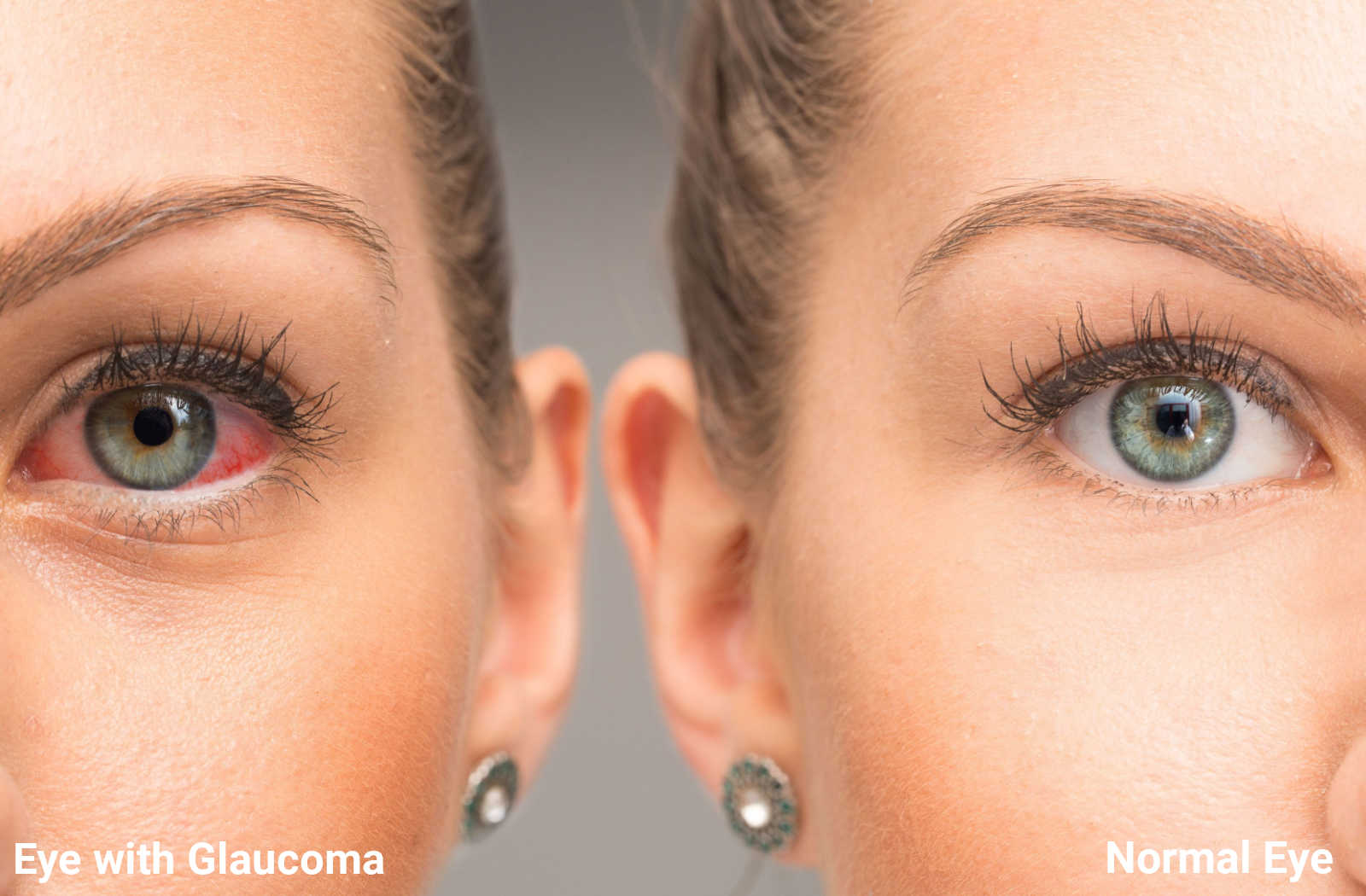
What is Glaucoma
Glaucoma is a group of eye conditions that can lead to vision loss and blindness by damaging the optic nerve, often associated with high intraocular pressure (IOP). It's crucial to treat glaucoma to slow or prevent further vision loss, as damage already done cannot be reversed
Treatment primarily aims to lower IOP. The most common initial approach involves prescription eye drops designed to reduce eye pressure either by decreasing the production of aqueous humor (the fluid in the eye) or by improving its outflow. If eye drops are ineffective or not suitable, laser treatment may be considered. Laser therapy can help fluid drain out of the eye more effectively, a procedure that can often be performed in a doctor's office
In more severe cases, or when drops and laser treatments don't provide sufficient pressure control, surgery might be necessary. Surgical options vary, including traditional surgeries that create a new drainage path for eye fluid or minimally invasive glaucoma surgeries (MIGS) that use tiny equipment and incisions. These procedures aim to enhance fluid outflow and lower IOP
It's important for individuals with glaucoma to adhere strictly to their treatment plan and maintain regular check-ups with their eye doctor to monitor the condition and adjust treatment as needed
As of 2020, it is estimated that approximately 79.6 million individuals worldwide have glaucoma. This number is projected to increase to 111.8 million by 2040



Once again thanks for the information
Kim Daniel Oraa
March 21, 2024 at 9:12 am